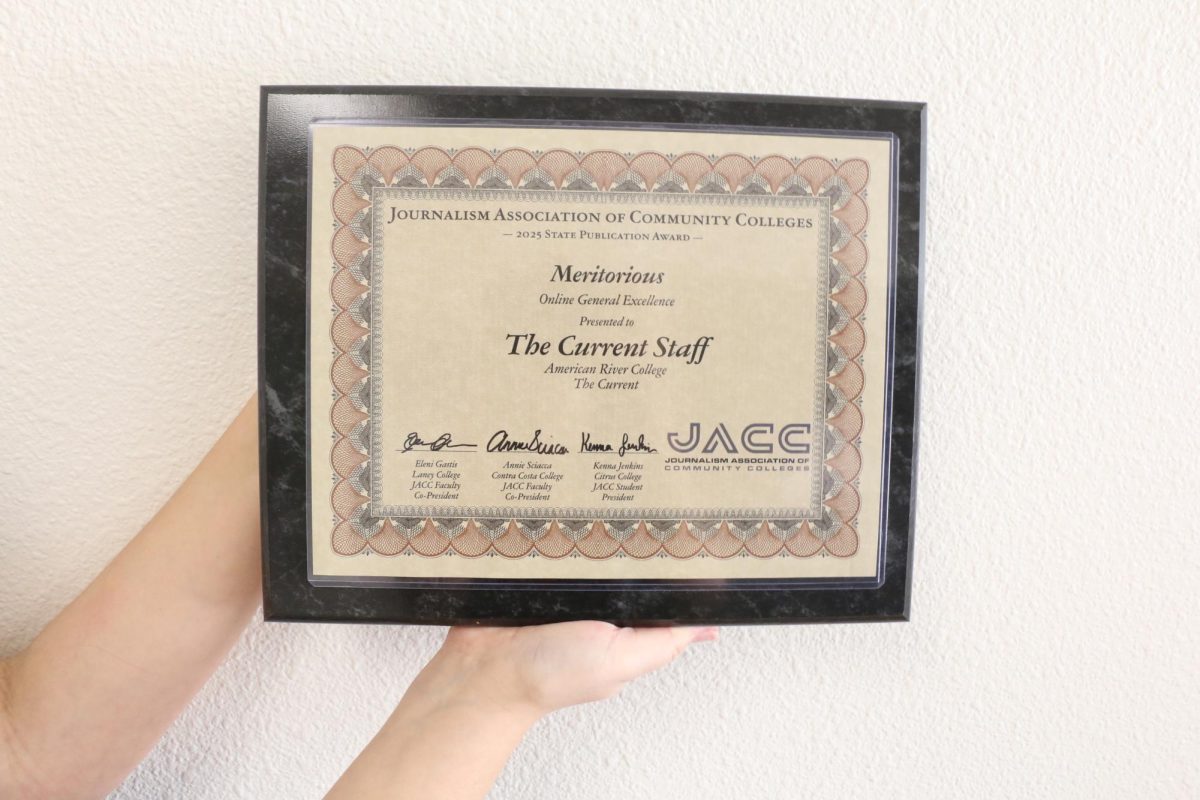An ARC student was turned away during the most recent on-campus blood drive due to his sexual orientation and history.
Patrick O’Reilly has been comfortable with his sexuality for only a few years, and says he feels devastated after being turned away from the blood drive at American River College after checking “Yes” in the box next to the question “Have you ever had sexual contact with another male even once?”
The FDA’s current policy, originally put in place in 1985, says that any man who has had sex with another man, or MSM, after 1977 even once receives a lifelong ban from donating blood. This policy was drafted due to the AIDS epidemic in the U.S., but has not been changed since newer scientific advances for screening blood started being used.
What the federal Food and Drug Administration calls a risk factor, O’Reilly calls unfair.
“It’s the first time I’ve put myself out there and experienced that kind of discrimination,” he said.
ARC organizes a blood drive every semester and O’Reilly is one of many gay students that attend ARC who are never allowed to donate blood due to their sexual history, even if they do not carry any diseases on the deferral list.
He argues that the policy banning MSM blood donations, “Was meant to be discriminatory, but now it’s discriminatory for a different reason. It’s outdated.”
“With the fact that they screen all the blood regardless of who the donor is, the policy doesn’t make sense to me now,” O’Reilly said.
“I don’t know if it is an effort to save money from screening where they think that more of it would be rejected, but I don’t think a modern heterosexual man who is promiscuous is going to be any less likely than a modern homosexual man who is also promiscuous to have HIV.”
In June 2010, the Health and Human Services Advisory Committee on Blood Safety and Availability met to discuss the possibility of a revision of the FDA MSM lifetime deferral policy.
According to Paul Richards, the public affairs specialist for the Center of Biologics Evaluation and Research at the FDA, “The committee found the current donor deferral policies to be suboptimal … but voted in favor of retaining the existing policy, and identified areas requiring further research.”
According to the Center for Disease Control and Prevention, HIV can be accurately detected in someone who has had a possible exposure in a relatively short period of time.
Most people will develop detectable antibodies within two to eight weeks after exposure, but in very rare cases, it takes up to six months to accurately detect HIV.
The most recent case of someone being infected with HIV by blood transfusion was in 2008, when a male donor contracted the disease very shortly before donating, therefore having such low trace amounts it was undetected during the screening processes before being transfused to two different patients, one of whom was confirmed to be infected by the donor.
The FDA, however, says that human error while testing blood for diseases is the biggest risk factor regarding blood transfusions, not MSM.
The FDA has implemented questionnaire screening processes for blood donors, in which there are waiting periods in place for people who have traveled to certain countries, but no waiting period of any amount for MSM prospective donors, even though the technology to accurately detect harmful diseases including HIV is used by all blood donation testing labs.
In the case report regarding the 2008 HIV transmission by blood transfusion, the CDC said “It is the responsibility of persons who donate blood to answer screening questionnaires accurately to ensure the safest blood supply possible.”
“Deferral of MSM from donation of blood and tissues is based on well-documented observations of much higher rates of transmissible diseases among some MSM than in the non-MSM general population,” Richards said.
According to a study conducted by the CDC in 2010, the most-affected subpopulations infected with HIV from 2007 to 2010 were 38 percent white MSM and 36 percent black MSM with 22 percent Latino MSM.
Closely following the Latino MSM subpopulation were heterosexual black females with an estimate of only 1,400 less people infected than gay Latino men. These women are able to give blood after a waiting period of one year, while the Latino MSM are banned for life from donating, according to the current policy.







